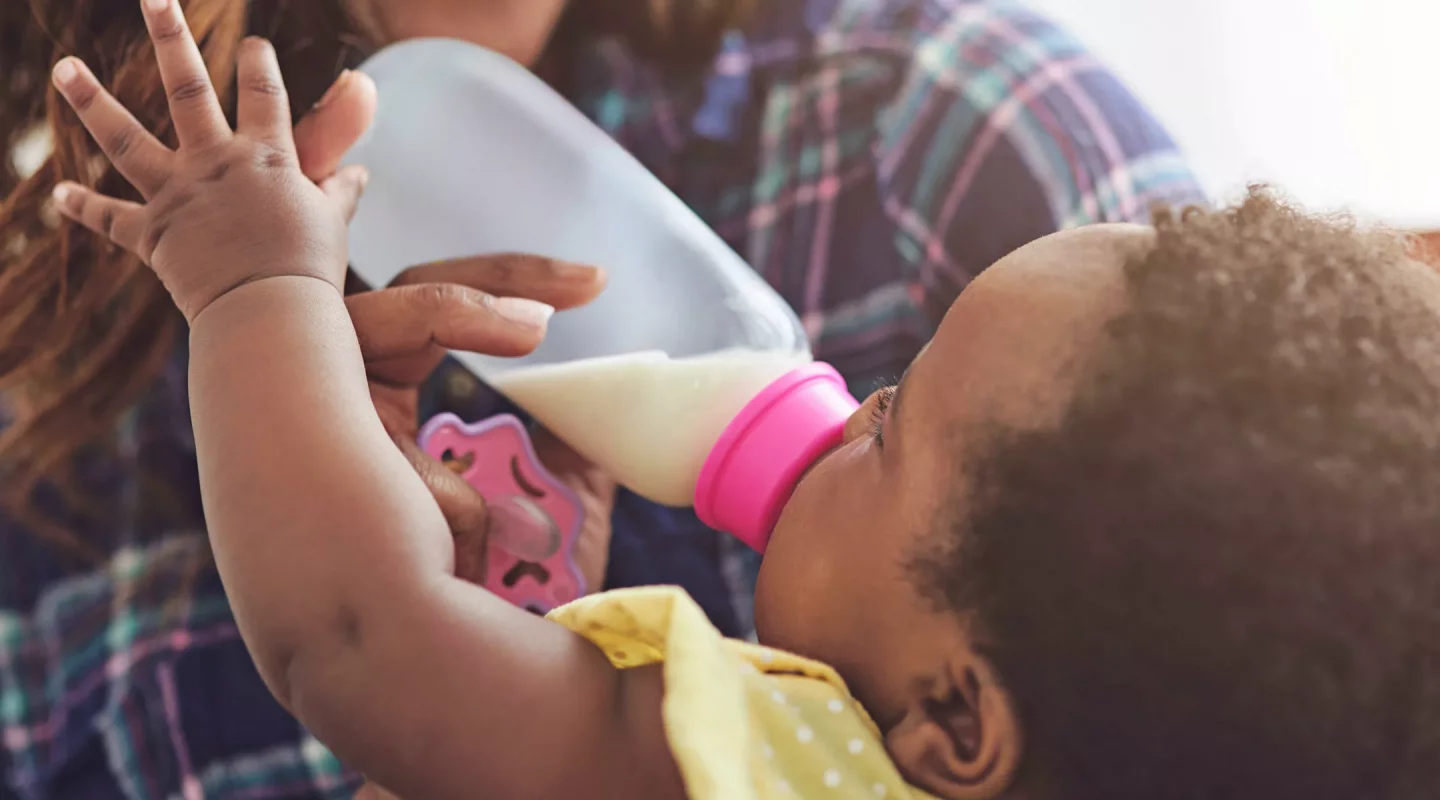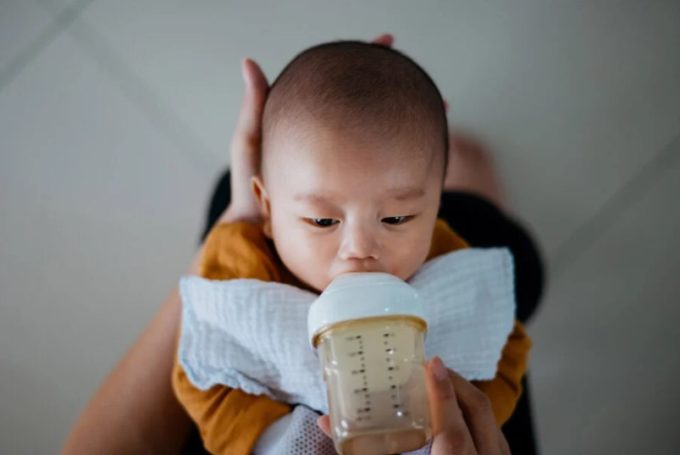“Try breastfeeding! It’s free and available on demand.”
A tweet from Hollywood veteran Bette Midler suggesting mums should start breastfeeding as it’s free of charge generated a cascading effect of reactions. Easy to think but not easy to implement! While breastfeeding is recommended by health authorities, mums can face a variety of problems – not least the fact that they receive just 12 weeks’ parental leave, meaning that they’d have to return to the workplace at least a month before their hungry infants can be introduced to solid foods.
The World Health Organization states that if a mother’s own milk is not available then the next best thing is the milk of another woman. Formal breastmilk-sharing programs (i.e., milk banks) are available in the US. However, most of the milk is distributed through hospitals for preterm babies to help lower the risk of serious health complications, leading to a rise in informal breastmilk sharing. Potential contamination, as well as the exposure of babies to harmful medications or drugs, are potential risks in such cases. The result is that baby formula is relatively ill-suited to product substitution.
Planning Mistakes with Real Consequences
As with so many other supply chain crises since 2020, the pandemic is a key root cause. The pandemic caused parents to stockpile baby formula in the same way that other people stockpiled toilet paper. Because of this, the demand for baby formula skyrocketed in the spring of 2020. This stockpiling became, effectively, a safety stock – not one for use in times of crisis, but one that was depleted slowly by most families long before the baby formula shortage. After all, much like toilet paper, the end consumption did not change due to the stockpiling rush.
Anticipating this depletion, manufacturers were in no hurry to restore their former inventory levels, imagining that demand would be suppressed over several months.









